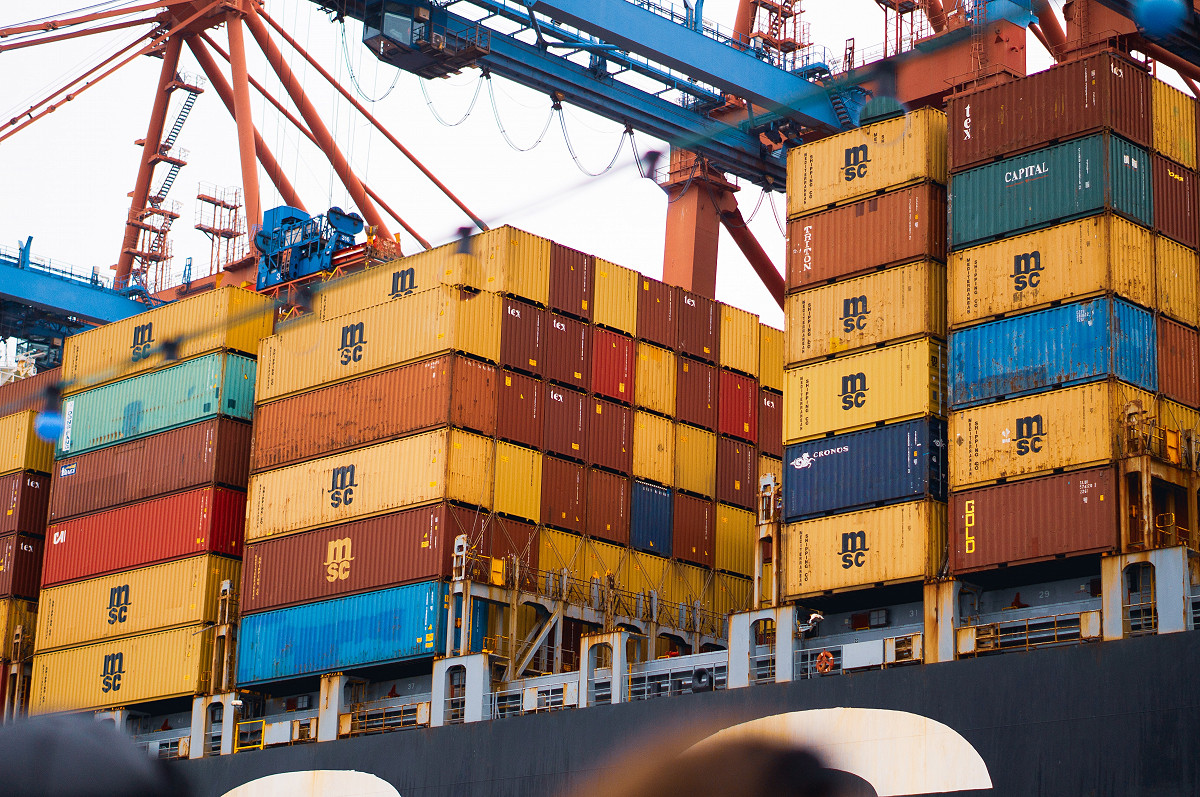
Globalisation has become an intrinsic part of how our economy works. It has kept us afloat for hundreds of years now, from the sugar trading that put Britain on the map to the tea and spices we use in our everyday lives. It has given us access to low-cost labour abroad, while leading to the decline of British manufacturing and a boom in cheap foreign-made products stocking our shelves. This has extended into our services, our energy, and almost every sector imaginable.
Several of our biggest political institutions such as the WTO, the EU, and the IMF exist due to the role global trade plays in our modern world and the need to standardise the economic relationships that stretch from every corner of the Earth. Proponents of globalisation will point to a host of positive impacts, such as the ease of trade and economic growth, lower prices for consumers, promoting democracy, and helping smaller economies develop.
But it’s not all sunshine and roses. The centrality of globalisation to our economy means that it is also central to the crises we find ourselves in. This is especially true for the current recession and cost of living crisis impacting people across the nation. If we want to put an end to the spiral we are rapidly falling down, we need to have radical solutions that get to the root of the problem. I believe that the overreliance on international trade and the deindustrialisation of the UK is putting us in a more vulnerable position than ever before.
So why are our trading relationships with other countries risky? Relying on other countries puts UK businesses and consumers at the mercy of the political, agricultural, and economic problems that other countries face.
A very simple example is the mustard shortage in France. France imports its mustard seeds from Canada which experienced a drought last year, leading to much lower yields. French mustard has seen a price jump of 10%, with some supermarkets unable to stock it at all. The UK imports French mustard from France, having a knock-on effect on its availability here. When this happens to essential supply chains or to financial systems, the impact can be devastating.
Take the 2008 financial crisis. The collapse of the US banking system didn’t just impact the US – it damaged other Western economies to a point which it had only just recovered from pre-pandemic.
The Russia-Ukraine war has similarly sent shockwaves throughout Europe. Reliance on Russian gas, particularly among countries such as Germany and Italy, has left the continent totally unprotected from Russia’s sudden switch-off. Despite the UK only importing 3% of its gas from Russia (compared to 35% on the continent), we have not been spared from the effects due to the importance of European trade to our economy.
We need to find an alternative, and quickly. By shortening our supply chains, keeping trade close to home, and becoming more self-sufficient, we can seriously mitigate the risks that come with a highly globalised economy. Manufacturing must be at the heart of this. Without a strong manufacturing sector, it will not be possible to produce what we need to be more self-reliant and support the economy. But this is not simply the answer to foreign instabilities. It is also an opportunity to forge a more prosperous future.
By starting to reverse globalisation, we can also start to reverse the deindustrialisation that comes with it and prioritise the manufacturing industry which has been neglected for far too long. It gives us the opportunity to take stock of our current economic system and build it in a positive, new direction that benefits the many and rebalances the economic focus away from London and the South East. I am in no way suggesting that we become completely insular, but growing our domestic manufacturing capabilities and thinking critically about who we rely on is more important than ever.
The current recession is a pivotal moment in our economic history. The combination of factors which have caused it are showing us more clearly than ever that we need to think again about globalisation. We instead need to put Britain and its people at the forefront of our economy. We must listen to globalisation’s inadequacies and use this as an opportunity to reshape our economy for the better.
